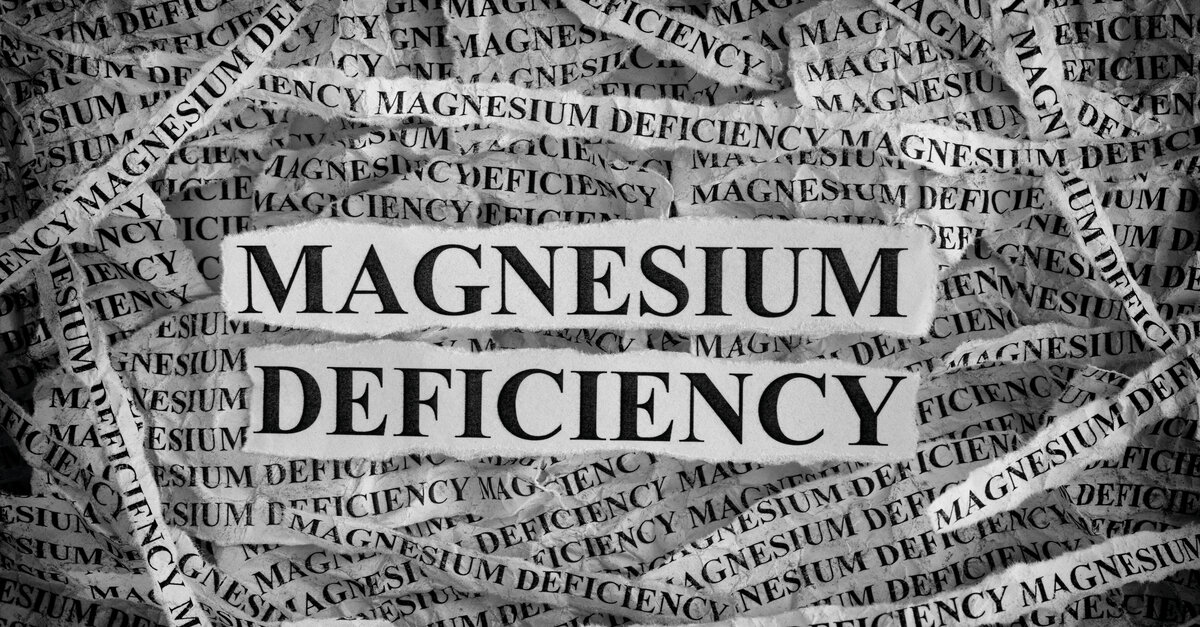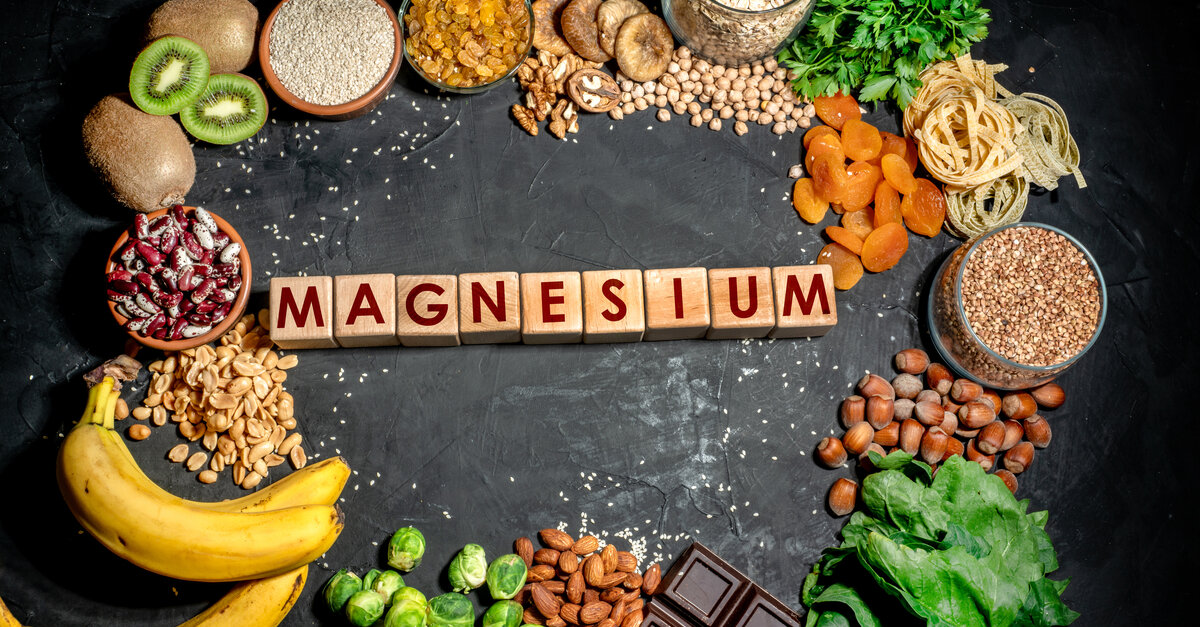Do You Have this Underdiagnosed Health Problem? 6 Symptoms of Magnesium Deficiency
When it comes to health issues, magnesium deficiency is often overlooked. However, it affects more people than you think. In fact, 75% of people are not meeting their recommended daily intake.
Magnesium is a mineral that plays a major role in your overall health. Not only does magnesium help prevent migraines, but it also reduces depression, lowers blood pressure and acts as an anti-inflammatory.
The symptoms of magnesium deficiency vary. Take a look to see how many you check off the list:
1. Muscle twitches and cramps
If your magnesium levels are low, there is a greater flow of calcium which stimulates the nervous system. When muscle nerves are overstimulated, this leads to twitching and in more severe cases, seizures.
2. Increased anxiety and depression
A lack of magnesium causes nerve dysfunction that leads to an increased risk of developing certain mental disorders. Studies suggest low magnesium levels with a higher risk of depression.
Considered nature’s “chill pill,” magnesium is a well-known home remedy that supports mental health. This includes anxiety, headaches, irritability and more.
3. Fatigue and muscle weakness
Not getting enough magnesium causes a drop in potassium, which leads to feeling tired and weak.
Magnesium also affects how well you can fall and stay asleep. This mineral activates the parasympathetic nervous system, which impacts your ability to relax. Additionally, magnesium helps controls the amount of melatonin, the sleep hormone your body produces.
4. High blood pressure
Low magnesium levels are often the result of poor dietary habits, which are linked to high blood pressure and heart disease.
“It's best to get the mineral from food, especially dark, leafy green vegetables, unrefined grains, and legumes. The RDA of magnesium is 420 milligrams (mg) per day for men ages 50 and older; 320 mg/day for women ages 50 and older,” Harvard Health reports.
5. Irregular heartbeat
A lack of magnesium throws off the amount of potassium inside and outside the heart muscles. This can cause an irregular heartbeat, one of the most serious symptoms of magnesium deficiency.
If you’re experiencing heart palpitations, it’s important to consult your doctor to rule out other potential health problems.
6. Increased risk of asthma
If you’re not getting enough magnesium, this can lead to a buildup of calcium in the lungs. This can constrict the airway and ultimately, result in respiratory issues. As a result, an inhaler with magnesium sulfate is given to some people with severe asthma to help let in more air.
Do you identify with one or more of these six symptoms? Keep in mind the symptoms are subtle at first, which is why magnesium deficiency is not diagnosed until your levels become severely low.
The good news is there are many different foods that are great sources of magnesium.
8 Magnesium-Rich Foods
1. Salmon
2. Spinach
3. Quinoa
4. Tofu
5. Almonds
6. Soy nuts
7. Edamame
8. Tempah
As an added bonus, these foods are packed with other nutrients that support your overall health. Incorporating them in your diet will not only raise your magnesium levels, but also improve your well-being.


